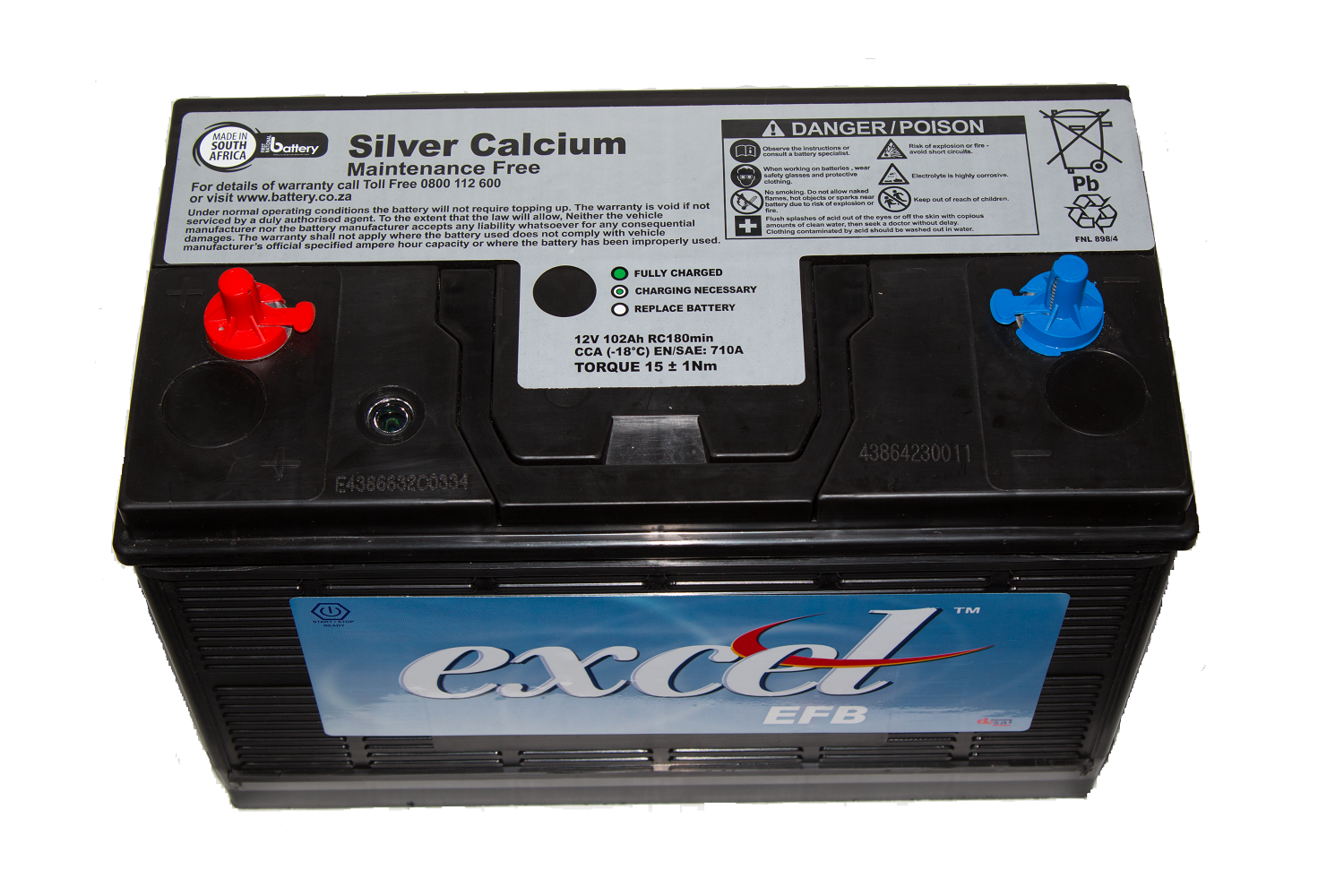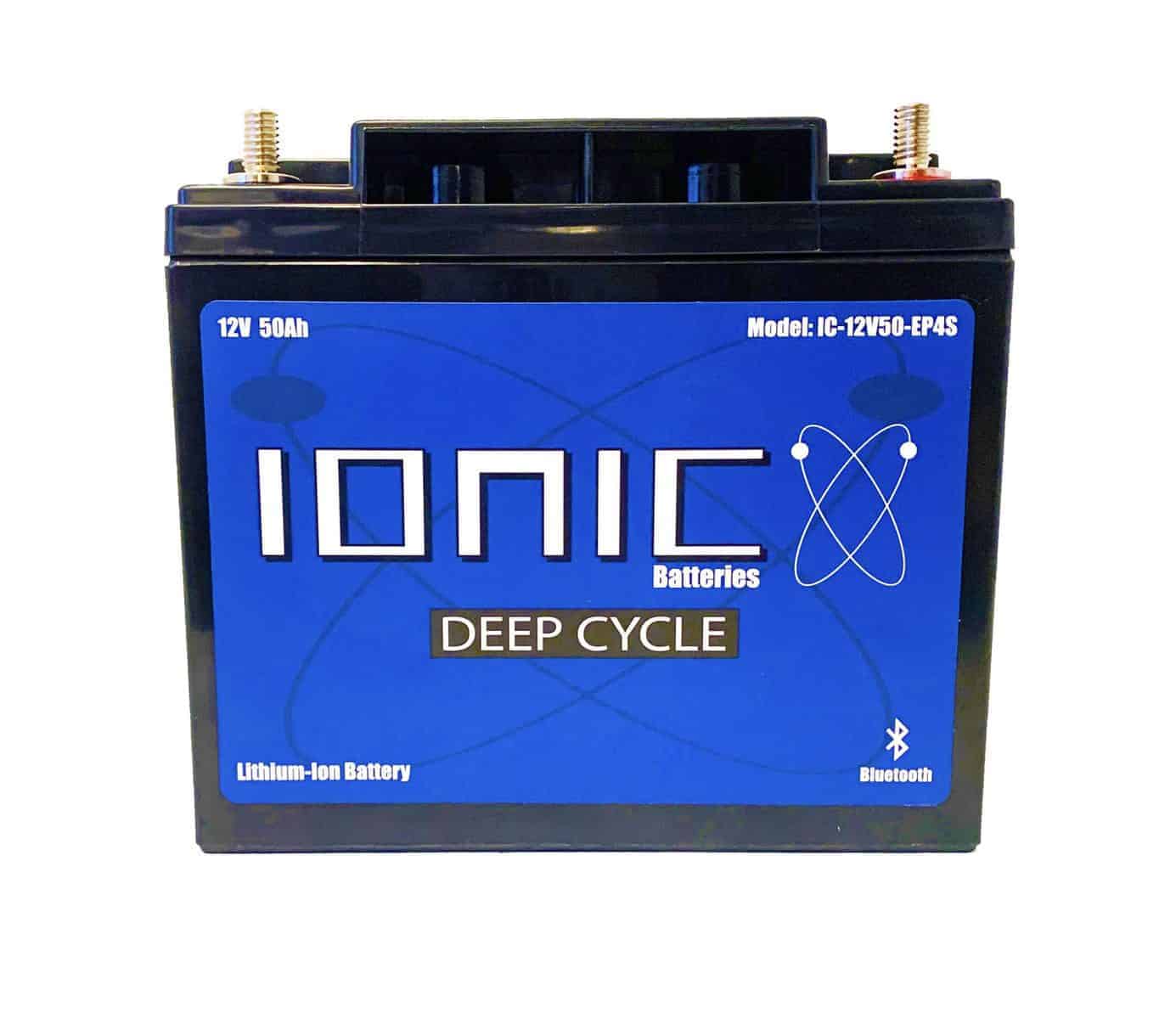

Even during regular charging, there is some off-gassing that happens, which is why lead-acid batteries need regular top-ups with distilled water. Regular charging for a lead-acid battery ideally involves multiple stages of charging, usually a bulk charge, an absorption or "topping" charge, and then a float charge to maintain a fully-charged battery.Overcharging via an equalization charge is sometimes used to restore inadequately-charged flooded lead-acid batteries to a properly-functioning state.

Overcharging the battery with a high voltage produces electrolysis, which decomposes the water into its primary components of hydrogen and oxygen gas (this is what is known as " off-gassing".Overcharging/regular charging/undercharging all have effects, as follows: As the battery discharges, both types of plates become lead sulfate (undergoing the process described as " sulfation") and the electrolyte loses much of its sulfuric acid and changes to water. When fully charged, the negative plates are lead-antimony, and the positive plates are lead dioxide, with the electrolyte being concentrated sulfuric acid. The flooded lead-acid battery is constructed of lead "plates" or "grids" in a container, called "flooded" because the plates are immersed in a liquid electrolyte. Let's go into a little more detail about the construction of each type of battery.

Modern deep-cycle batteries can be classified into four categories: Here's a video link that shows the great quality of these batteries - notice the large wire gauges used, the sturdiness of the box, the solidity of the physical pack design, the BMS physically separated from the battery cells, the solid copper bus bars, these are a quality battery.ĭoes everyone need lithium batteries? No - if you are not using any really power-hungry appliances in your RV and thus don't require a very rapid charge rate, you don't need lithium batteries, other types of deep-cycle batteries may work just fine for you. That is typically five times faster than most AGM batteries, the next most advanced battery type. The key advantage of lithium batteries is their ability to accept extremely rapid charge rates - for instance the Battle Born lithium batteries we sell can be charged at a 1C rate, meaning at 100A for the 12V 100AH battery. Lithium! If you are using power-hungry appliances like the ones listed above, you need to get a lot of power out of your batteries quickly, and then recharge them as quickly as you can. What are deep-cycle batteries? These are batteries whose design is optimized for regular deep discharges of power, perhaps even at very rapid rates by power-hungry appliances like induction cooktops, microwave ovens, RV air conditioners and RV refrigerators. These batteries will provide the dependable power you need under any conditions, something you'll be grateful for at the end of a long road in the middle of nowhere. For an RV, it's essential to have proper deep-cycle batteries for your battery bank.


 0 kommentar(er)
0 kommentar(er)
